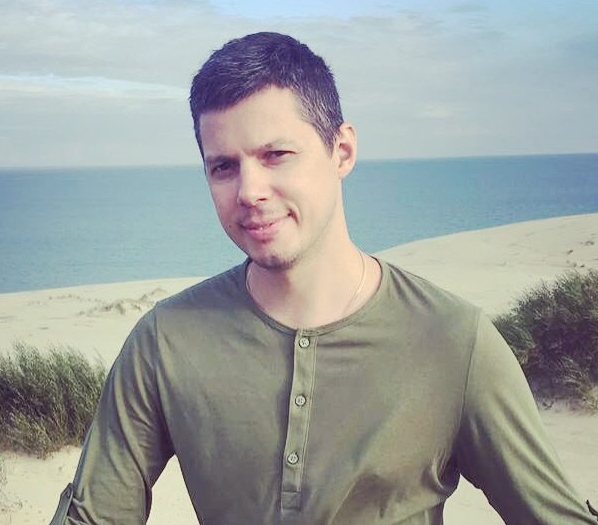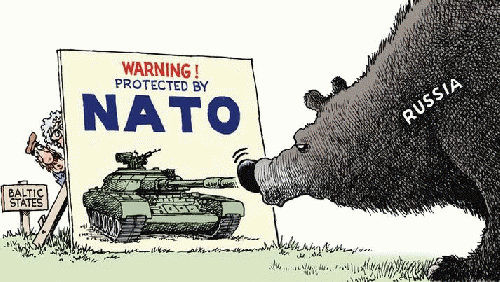(Image by balticword.eu/nato-doesnt-want-to-protect-baltics/) Permission Details DMCA
When it comes to NATO's role in defending Western Europe, you can be sure of this. NATO soldiers don't want to be anywhere near the epicenter of a possible military conflict in the Baltic states. They know they could quickly become the ones who need saving, not the ones who must do the protecting.
Here's why:
Soldiers clearly remember the words of the former commanding general of the U.S. Army in Europe, General Ben Hodges: "Russia," he said, "could conquer the Baltic states quicker than we could get there to defend them." According to Hodges, the Russians would need only 36 hours to take over the capitals of Latvia, Lithuania and Estonia. NATO forces, he went on to elaborate, could not be mobilized quickly enough to prevent their fall, since heavy military equipment, such as tanks, could not be moved fast enough from Western Europe to the alliance's eastern flank.
Today, both Washington and Moscow assign high significance to the geographical location of the Baltic states. From Moscow's perspective, the three states are located close to important Russian strategic interests and are therefore potential targets for devastating attacks. For instance, the distance between Vilnius and Moscow is less than 500 miles--a short trip for a supersonic aircraft. From Washington's perspective, on the other hand, the failure to protect the Baltic states from Russian aggression could lead to the disintegration of NATO.
At present, Estonian, Latvian and Lithuanian leaders are seeking additional NATO aid to help ward off any Russian moves against them, urging the member states to send more troops and bolster air defenses on the Alliance's eastern flank. Yet, despite their call for beefed-up protection from their Russian neighbor, the Baltic countries can't count on NATO to boost its military presence.
"Currently, we are not planning to increase our military presence in the region, but"to strengthen our ability to reinforce if needed," NATO Secretary General Jens Stoltenberg told reporters after talks with Dutch Prime Minister Mark Rutte last week. "If there is a need, we need to have ready forces which can deploy very quickly."
Let's be honest with ourselves. At the moment, NATO is not able to protect the Baltic states from any aggressor. The presence of NATO troops in Latvia, Lithuania and Estonia is intended only to calm the local population. That point is clear not only to the locals, but also to the foreign NATO soldiers. They have no interest in defending the homes of strangers and becoming victims of other people's geopolitical games.






